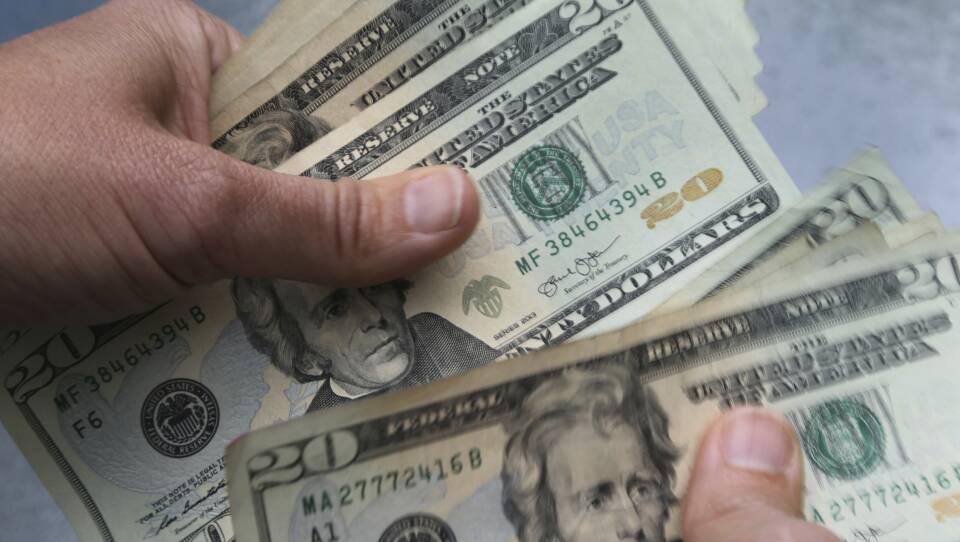BOSTON (AP) — Massachusetts' highest court on Monday struck down a proposed "millionaire tax" ballot question, blocking it from going before state voters in November and ending advocates' hopes for generating some $2 billion in additional revenue for education and transportation.
The Supreme Judicial Court, in a 5-2 ruling, said the initiative petition should not have been certified by Democratic Attorney General Maura Healey because it violated the "relatedness" clause of the state constitution. The clause requires that ballot questions not mingle unrelated subjects, in this case taxing and spending.
The constitutional amendment — referred to by its proponents as the "Fair Share Amendment," would have imposed a surtax of 4 percent on any portion of an individual's annual income that exceeds $1 million. The measure called for revenues from the tax to be used for transportation and education.
The measure had been poised to reach voters in November after receiving sufficient support from the Legislature in successive two-year sessions.
The court's ruling was a devastating blow for the Raise Up Massachusetts coalition, which had collected more than 150,000 signatures in support of the measure.
The justices heard arguments in February on the legal challenge from several business groups including the Massachusetts High Technology Council, the Massachusetts Taxpayers Foundation and Associated Industries of Massachusetts.
A constitutional amendment is required to implement the surtax because of the current requirement of a uniform or "flat" tax rate in the state constitution. Previous attempts to change the constitution to allow for a graduated income tax in Massachusetts were defeated by voters.
Opponents of the millionaire tax said it could hurt the state's economy and business climate by causing wealthy taxpayers and entrepreneurs to flee Massachusetts. Supporters contend there is no evidence of that happening in states that already impose higher tax rates on the wealthy.
Central to the lawsuit was Article 48 of the constitution, which among other things prohibits ballot questions from making specific state appropriations, or from combining unrelated topics into a single question.
Earmarking revenues from the tax specifically for education and transportation handcuffs legislative discretion on how to spend tax dollars, the lawsuit contended.
"Allowing this initiative on the ballot would undermine the Legislature's authority with respect to spending and taxes in one fell swoop, setting the stage of public finances to be determined not in the deliberative legislative process, but in the free-for-all of special interest-fueled initiative petitions," the business groups argued in a brief filed with the SJC.
But while the proposal states that proceeds from the 4 percent surcharge should go "only" toward education and transportation, it also adds "subject to appropriation," three key words that plaintiffs argued would give lawmakers at least some flexibility on how to spend future revenues.
"Because that direction is expressly subject to legislative appropriation, the proposed amendment would not remove the decision how to spend the surtax revenue from the discretion of the Legislature," Healey and Democratic Secretary of State William Galvin argued in their brief.
The SJC ruling could indirectly impact several other proposed ballot questions, including ones calling for a reduction in the state sales tax, a $15 minimum wage and mandatory paid family leave for all workers.
Republican Gov. Charlie Baker has suggested a "grand bargain" — meaning some sort of compromise — that could keep those other questions off the ballot.
Several business groups sued to stop the surtax from appearing on the ballot, claiming it violated constitutional restrictions on ballot questions.
The Raise Up Massachusetts coalition collected more than 150,000 signatures in support of the measure.




